It’s Cornish Pasty Week – the annual celebration of the traditional Cornish dish.
Running from 27 February until 5 March, this year’s event sees the introduction of a new initiative to help tackle food poverty in the county.
The Cornish Pasty Association is encouraging those making or selling genuine Cornish pasties to participate in the scheme by donating money from every pasty sold during the week. All money raised will go towards helping the charity Devon & Cornwall Food Action, which provides affordable food for those experiencing food poverty, expand its reach in Cornwall.
To mark Cornish Pasty Week, and with some help from The Cornish Pasty Association, we’ve put together a list of 10 things you (probably) didn’t know about the humble pasty:
The first references to the Cornish Pasty appeared in the 14th Century, during the reign of Edward III, and the pasty was mentioned in cookbooks as early as 1393.
Cornish Pasty producers generate around £300m of trade for the Cornish economy, which is around 20% of the total turnover of Cornwall’s food and drink sector.
At least 120 million Cornish pasties are made each year.
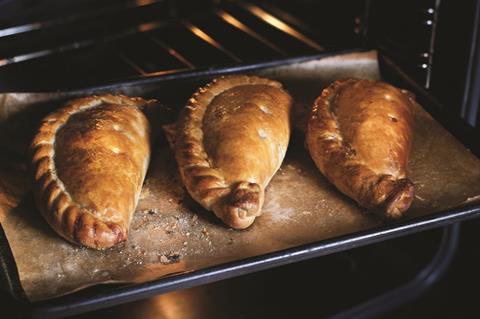
A Cornish Pasty must contain at least 12.5% roughly diced or minced beef and 25% vegetables, which can only be sliced or diced potato, swede (turnip) and onion.
More than 2,000 people work in pasty production, and many of these jobs are full-time permanent jobs, which is a bonus in a seasonal economy like Cornwall’s.
A popular cut of beef used in the Cornish Pasty is skirt, a long, flat, boneless piece from the diaphragm muscle that is prized for its flavour.




















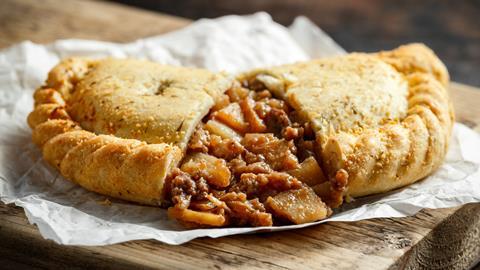
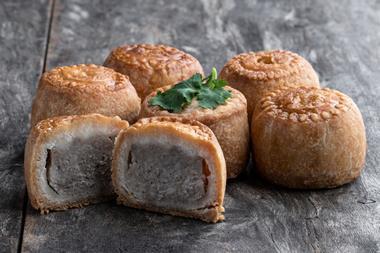

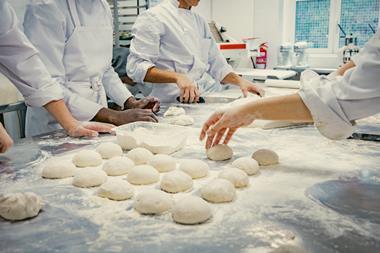


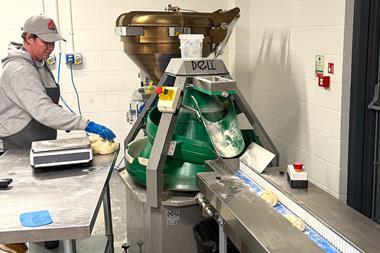
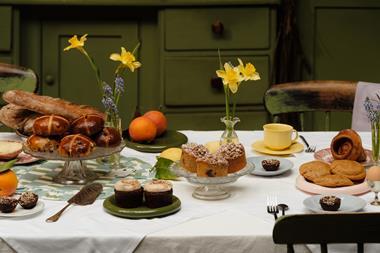


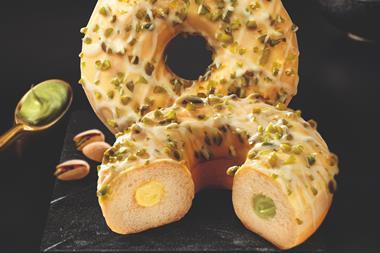



No comments yet